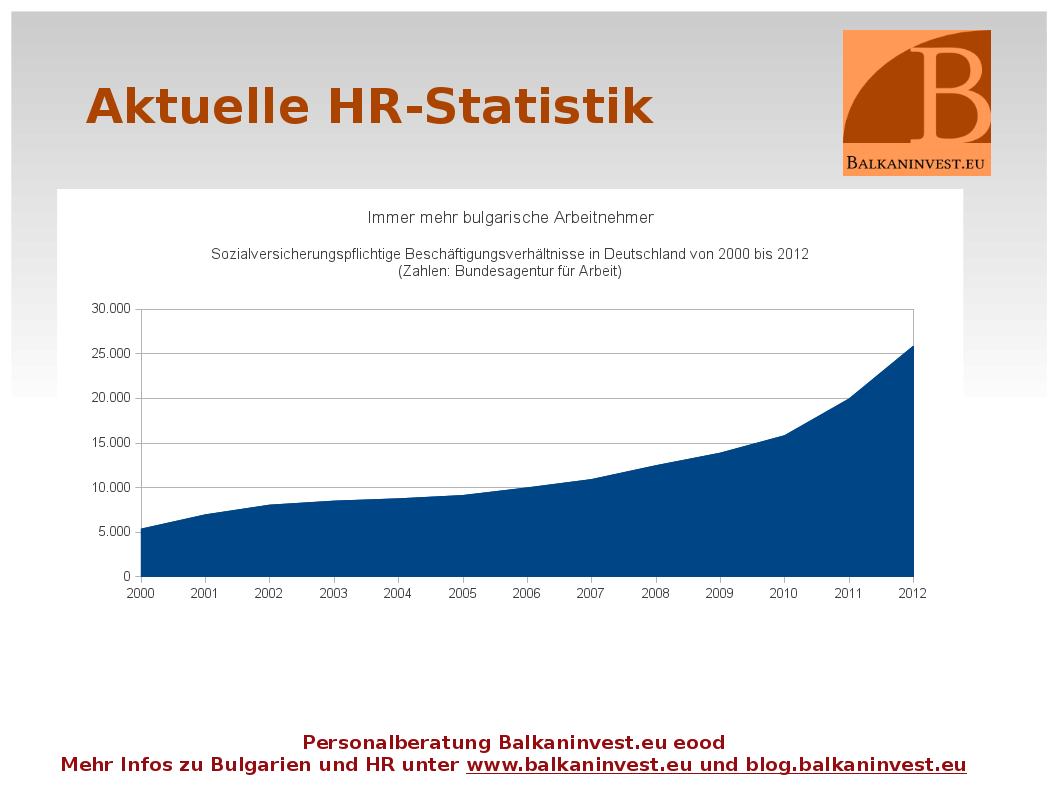According to a study by the Staufenbiel Institute in 2015, German employers are optimistic towards the developments in the labour market for graduates. Even though a decreasing number of companies expect an increasing need for graduates compared to the last years, pessimistic forecasts for most disciplines are an exception.
In 2015 particularly economists are in demand. For almost 45 percent of the offered positions, of which half are positions for internships, graduates with an economic background are needed. 3% of the companies forecast a rapidly growing demand for economists for the next five years.
Increasing demand for engineers and computer experts
Compared to the previous year the forecast for the demand for engineers and computer scientists is slightly less optimistic but still positive. For engineers, 35 percent of the employers (2 percent less than last year) expect a rising or significantly rising demand. Over the next five years, this amount will rise up to 63 percent which means a decreasing tendency in comparison to the forecasted increase in demand last year (68 percent).
The predictions for IT graduates remain nearly unchanged compared to the previous year. 38 percent of the companies expect rising and 8 percent significantly rising demand. The job prospects remain bright in the future: 51 percent of the companies expect an increase and 51 percent a strong increase for the demand of computer scientists.
Focus on interns
Almost half of all graduates jobs are provided for interns (44 percent). 6% of the jobs are for trainee programs and 18% for young professionals. The remaining workplaces are split up between graduates (27%), clerks (3%) and associates (2%).
In computer science, the distribution focuses less on internships (35%) but more on young professionals (31%). Workplaces for engineers are offered especially for interns (43%) and graduates (29%). Trainee positions are for IT graduates (4%) and engineers (3%) less frequently offered.
Employers prefer Master’s degrees
Inside application processes primarily Master’s degrees are preferred. 90% of the companies favour this type of degree over a University Diploma (76%), a University Bachelor’s degree (60%) and a Diploma of a University of Applied Sciences (55%).
This tendency can be also detected for engineers and computer scientists. 97% of all companies prefer engineers with Master’s degrees and 92% prefer IT graduates with Master’s degrees. The Diploma of a University of Applied Sciences in Computer Science (54%) and Engineering (63%) is clearly preferred over a Bachelor’s degree. A Bachelor’s degree in Computer Science is preferred by 47% and a Bachelor’s degree in Engineering by 36% of the companies.
